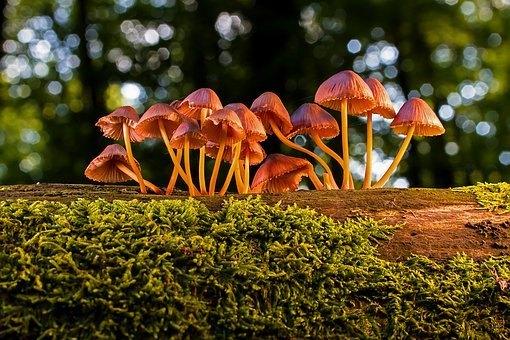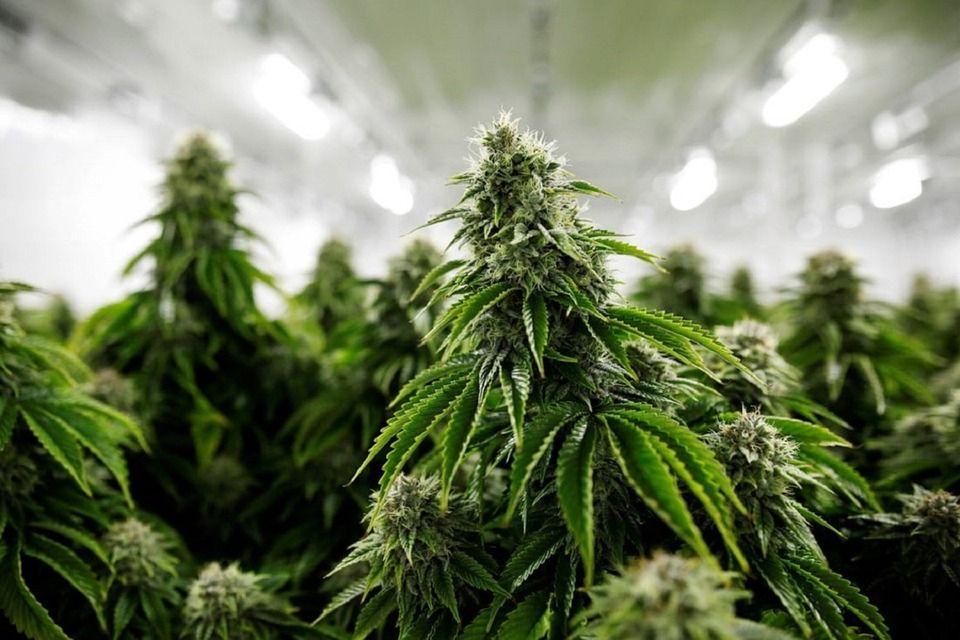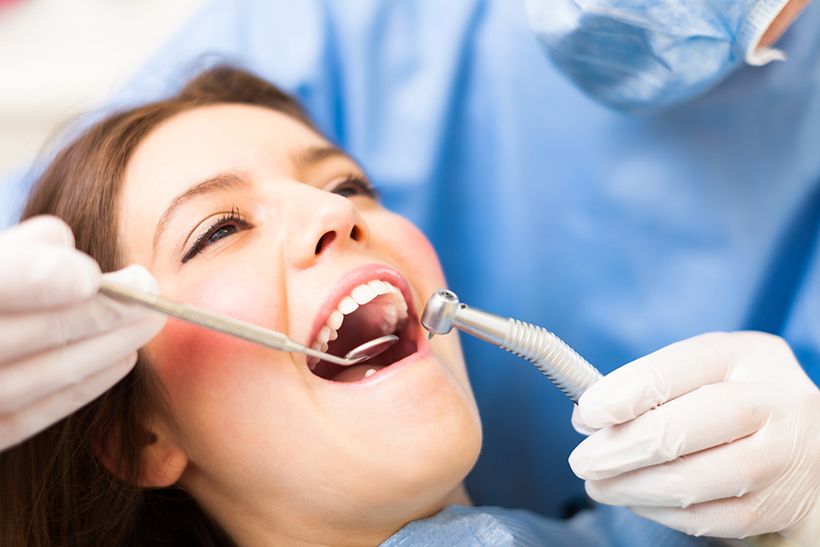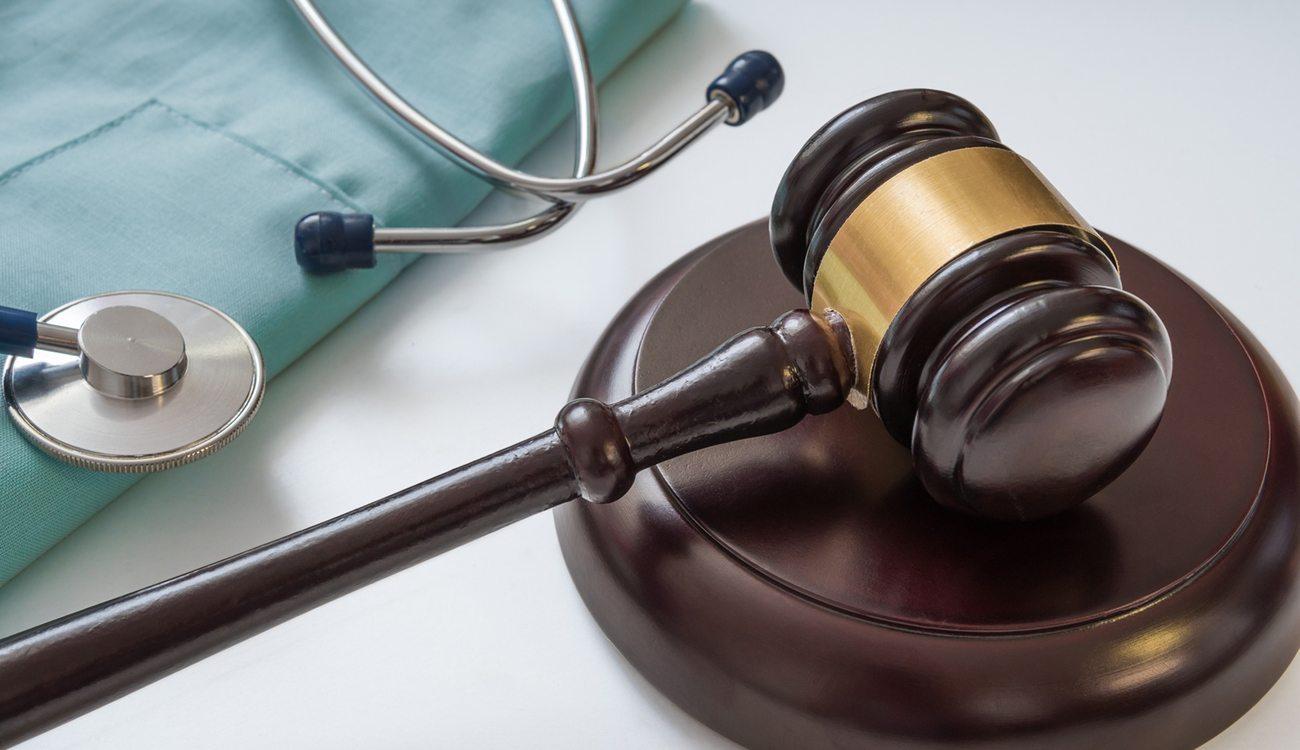A study published in the Journal of Psychedelic studies suggests that almost 9.68 adults in the United States have used Psilocybin ( the active compound of shrooms). A 2017 survey by the National Survey on Drug Use and Health also suggests that 8.8% of US adults have already used Psilocybin once.
The graph of psilocybin use is on the rise. So, let us understand this hallucinating compound and its usage.
Table of Contents
What are Shrooms?
Shrooms or Magic mushrooms are similar to typical mushrooms. The only difference is that they contain Psilocybin, a naturally occurring hallucinogenic and psychoactive compound. Although this compound is comparatively less potent than LSD, it has the potential to alter the perception of time and space.
Psilocybin might cause visual distortions, mystical experiences, and euphoria. Unlike MDMA, a drug that has come to the limelight for its capabilities to deal with PTSD, or Marijuana, a controversial plant that has seen drastic shifts in terms of legalization, Psilocybin is still not an appreciated or well-known compound.
A significant reason could be a lack of research or awareness of the compound. However, the available research suggests some remarkable effects of Psilocybin or shrooms on behavioral and psychiatric disorders.
Usage of Shrooms
Here are some of the possible usage of shrooms backed by research.
- Depression
One of the most researched effects of Psilocybin is depression. In a small study by Johns Hopkins Medicines, researchers administered two doses of Psilocybin to adults going through major depression. They observed that Psilocybin combined with supportive psychotherapy could result in a rapid and visible reduction in the symptoms of depression.
A new study of 2020, published in the Journal of American Medical Association Psychiatry, reveals that Psilocybin is probably effective on a comparatively broader range of depressed people than previously expected.
In the study, 24 participants received 5 hours of Psilocybin session twice, under the guidelines of researchers. The researchers followed them for four weeks. Dr. Ronald Griffiths, director of Johns Hopkins Center for Psychedelic Experience and Consciousness research, mentions that the results surprised him because various depression disorders produce different responses to treatment. But in this study, nearly all participants benefited from Psilocybin.
Dr. Alan Davis, associate professor of behavioral science and psychiatry in the school of Medicines at Johns Hopkins University, said, “The magnitude of the effect we saw was nearly four times greater than what clinical studies have shown using conventional antidepressants on the market. Since most other depression treatments take weeks or months to work and can have undesirable effects, this could be a game-changer, if these results are supported by future placebo-controlled clinical trials that are the gold standard.”
- Smoking and other Addiction
A small study by Johns Hopkins University reveals that Psilocybin or shrooms might help abstain from smoking. In the study, the researchers concluded this after a 12-month follow-up period.
The man behind the study was Dr. Matthew Johnson, an associate professor of psychiatry and behavioral science at Johns Hopkins University. He explains that besides smoking, Psilocybin might treat various types of substance use disorders, such as cocaine addiction and alcohol.
Dr. Johnson mentions, “The general idea is that the nature of these disorders is a narrowed mental and behavioral repertoire. So, [Psilocybin] in well-orchestrated sessions [has] the ability to essentially shake someone out of their routine to give a glimpse of a larger picture and create a mental plasticity with which people can step outside of those problems.”
A study published in the Journal of Psychopharmacology on the effects of Psilocybin on alcohol dependence gave surprising results. The study was among the first of its kind. It revealed that Psilocybin could be highly effective in reducing dependency on alcohol drinking (moderate to high).
Another vital shroom use might be withdrawal from cocaine addiction. Unlike nicotine and alcohol, there is a lack of pharmacological options for individuals addicted to cocaine. Fortunately, researchers at the University of Alabama at Birmingham believe that there could be a compound that could help individuals in withdrawing from cocaine addiction. That compound is Psilocybin.
- Psychological Distress Related to Cancer
Professor of psychiatry at the UCLA David Geffen School of Medicine, Dr. Charles Grob, explains that the preliminary results show promising results in individuals, such as those with extreme anxiety because of diagnosed with advanced-stage cancer and facing the end of their life.
Grob, a part of the Heffter Research Institute, has published various research on Psilocybin after extensively studying it. One of his significant studies, organized in 2011, showed Psilocybin effective for treating anxiety among individuals with cancer.
In 2016, Johns Hopkins organized a double-blind trial to understand the effects of Psilocybin on 51 individuals suffering from life-threatening symptoms and diagnoses because of cancer. The trial tested the impact of a very low ( placebo-like) and a very high dose of Psilocybin.
The trial revealed that a single dose of Psilocybin significantly uplifted the life quality of subjects and decreased anxiety and depression among them. As part of this study, Dr. Matthew Johnson explains, “The thing that we have the most evidence for is cancer-related depression and anxiety. That seems strong, and I’d be surprised if those results didn’t hold up.”
So, these are some of the ways you can use shrooms. But these shrooms also carry certain risks.
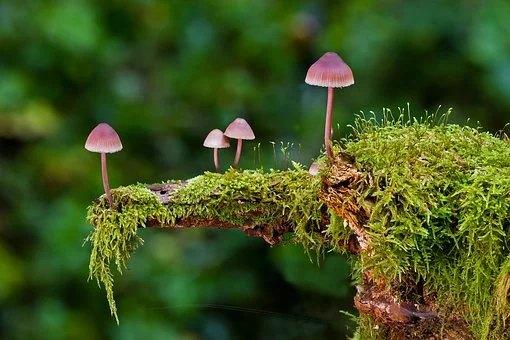
Possible Side Effects of Shrooms
Accidents because of the influence of hallucinogens are a common phenomenon. It increases the risk of physical and psychological harm. It might trigger some emotional and mental problems. Moreover, most adolescents prefer consuming shrooms with other drugs or alcohol.
Consuming shrooms could take you on a journey with ups and downs, where you can get some extreme feelings. You might feel relaxed, sleepy, or frightened ( a regular event associated with hallucination, panic, and delusion).
In extreme cases, shrooms might also lead to convulsions. Here are some possible physical and mental side effects of shrooms.
- Dilated pupils
- Headaches
- Drowsiness
- Lack of coordination
- Increased blood pressure, heart rate, and temperature
- Muscle weakness
- Nausea
- Euphoria
- Distorted sense of reality, place, and time
- Hallucinations (auditory or visual)
- Having introspective (spiritual) experiences
- Psychosis
- Nervousness
- Paranoia
- Panic reactions
These are short-term effects only. Extensive research can offer more insights into the long-term effects of shrooms.
Conclusion
The availability of clinical backup is probably one of the most significant reasons behind the boom in the shroom market. You might also use them and check their efficiency. The official site of Blue Book Services mentions shrooms as one of the “top five food trends for 2022”.
Recommended- Best Makeup for Skin with Eczema
